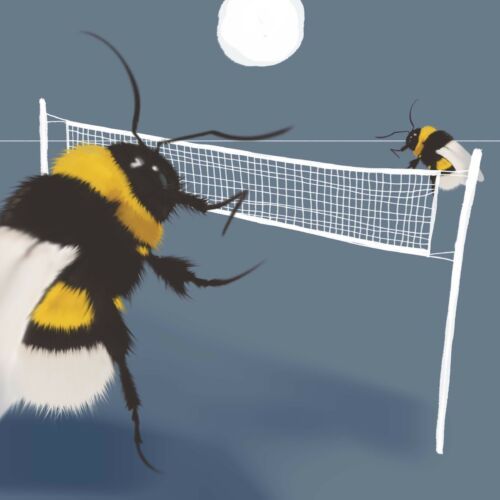Reducing migration at the borders of the Czech Republic, Slovakia, Slovenia and Austria
Controls set up by the Czech Republic at entry points along the 252km border with Slovakia to stop migrants on foot, and those smuggled in vehicles have paralysed truck transport there. The Slovak government says the controls violate the rules of the EU’s Schengen area, to which both countries belong, and has appealed to the Czech Republic to relax them. The controls were introduced by the Czech authorities on 29 September this year after a 12-fold increase in the number of apprehensions of migrants illegally crossing the border, who are mainly from Syria and heading to Germany and other Western European countries.
Austria has notified the European Union to extend border controls with Slovenia for a further six months. The reasons for this decision are increased migration flows, inter alia as a result of the visa policy of the Western Balkan countries, increased secondary migration and the activities of organised smuggling groups. According to the Slovenian government, however, Austria is not facing a new threat at the border, and the latest statistics show a small number of illegal border crossings and migrants entering the country in this way, whom Austria is sending back to Slovenia.
The fence erected by Bulgaria on the border with Turkey is not fulfilling its function. The situation is aggravated by personnel shortages in the Border Guard and poor and insufficiently equipped officers. In addition, the roads are in poor condition, and the Guards themselves do not have enough cars. In October this year, a Bulgarian guard was killed on the border with Turkey after his patrol was fired upon by suspected migrant traffickers.


























